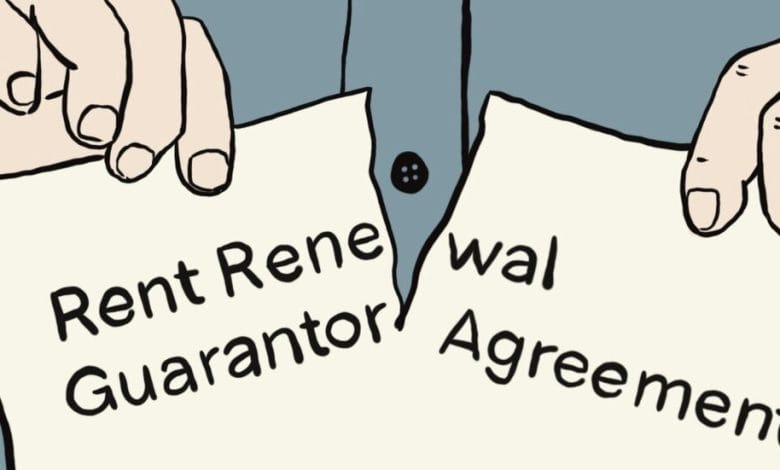Can My Landlord Force Me to Use a Rent Guarantor?

Q: A year ago, when I applied for a market-rate apartment in the Bronx, the landlord required that I get a lease rental bond from a bond company. I have a good credit score, but the agent said my liquid assets were below the required threshold. In addition to the bond, I had to give them first month’s rent and a one-month security deposit before moving in. The bond cost me $1,000. I’ve been paying my rent on time through the company’s app, but now they’re telling me that I need to renew the bond for a new two-year lease. I have signed the lease; the landlord has not. If I say no to the bond and can’t work something else out, can I be evicted?
A: A lease rental bond guarantees a tenant’s lease payment obligation. The bond covers losses for the landlord if a tenant fails to pay the rent; the guarantor then recoups the money from the tenant. It may seem unnecessary, but your landlord can require one.
“The landlord is within its rights to impose the requirement, and the writer is without recourse to reject it,” said Nancy L. Kourland, a real estate lawyer with Lasser Law Group. “Moreover, it is quite likely that the landlord will not countersign the renewal lease without proof that the writer purchased a lease rental bond.”
Many landlords rely on third-party guarantors rather than having tenants ask family or friends to act as guarantor. Tenants whose income fluctuates or who have little New York City rental history, a low credit score, a new job, or insufficient income and assets are more likely to need a lease rental bond.
Requiring a guarantee from an institution became more popular when a state landlord-tenant law, the Housing Stability and Tenant Protection Act of 2019, took effect, Ms. Kourland said. The law permits landlords to collect only the first month’s rent and a security deposit equal to one month’s rent at the start of the lease.
If you don’t get a bond, the landlord could begin eviction proceedings after your current lease expires. “However, if the cost of obtaining the bond is excessive, a court could find it to be ‘unconscionable,’ and therefore unenforceable,” said James B. Fishman, a lawyer in Manhattan who represents tenants.
You could try to negotiate a compromise with your landlord. For example, offer to pay for the rental bond for the first year of the lease, and if all your payments are timely, the landlord would waive the requirement for the second year.
For weekly email updates on residential real estate news, sign up here.
